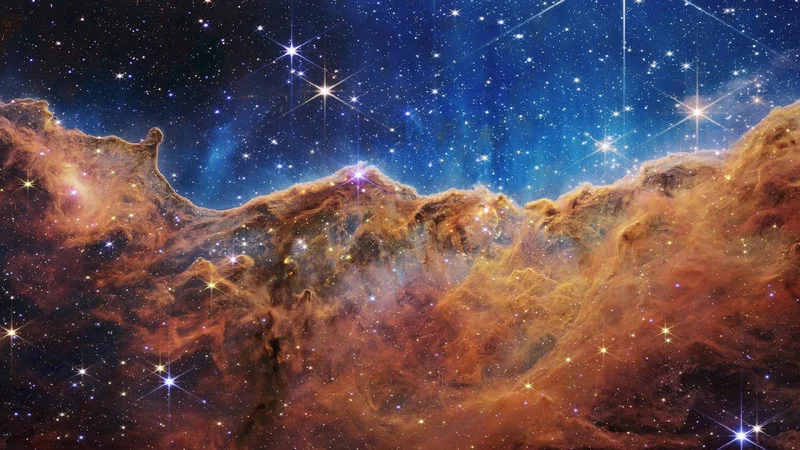Okay, folks, buckle up. Because sometimes, the universe just hands you a re...
2025-11-06 1 space
The internet lit up (pun intended, I suppose) on November 8th with reports of a fireball seen streaking across the sky near NASA's Kennedy Space Center. Social media, naturally, exploded with speculation. Was it a rogue rocket? Space debris? Martians finally making their move?
Let's break this down with the cold, hard data, or at least, the data we have, which, admittedly, isn't much. What we do know is that the sighting coincided with a scrubbed SpaceX Falcon 9 launch attempt from Cape Canaveral due to poor weather. This immediately throws a wrench into any "secret government experiment" theories. Why launch anything with known inclement weather?
One of the most prevalent theories, fueled by a post on X (formerly Twitter) by a "marine traffic operator and NASA Spaceflight (NSF) camera custodian," pointed to the reentry of a Chinese upper stage rocket. This is entirely plausible. Space junk re-entry happens all the time. The issue? We're missing key data points.
Specifically, orbital trajectory data. Without precise calculations of the object's path, speed, and angle of entry, pinpointing its origin remains guesswork. We're relying on eyewitness accounts and a single, grainy video from Spaceflight Now (which, to be fair, does show something "bright and chunky").
Here's where my analyst brain starts to itch. The X poster claims "almost certainly reentry." Almost certainly? That's a confidence interval, not a conclusion. What's the probability distribution? What other potential sources were ruled out, and how rigorously? I've looked at hundreds of these types of claims, and this casual certainty without supporting data is unusual.
It is worth noting that "outer space" is getting increasingly crowded.

For residents of Florida's "Space Coast" (a moniker earned for good reason, given the frequency of rocket launches from NASA's Kennedy Space Center and Cape Canaveral Space Force Station), seeing rockets pierce the sky is as commonplace as spotting tourists in mouse ears in Orlando. But even for seasoned skywatchers, a fireball is a notable event.
The article mentions FLORIDA TODAY Executive Editor Mara Bellaby observing what she thought was a "possible satellite breaking apart." That's anecdotal, yes, but coming from someone accustomed to seeing rockets, it lends some weight to the "space junk" theory. And this is the part of the report that I find genuinely puzzling. Why is an executive editor out jogging at 6:20 a.m.? Shouldn’t she be, you know, editing?
This brings me to the next point. The article states that this week alone has seen a few rocket launch attempts, scrubs and launches. I wonder, how many "fireball" sightings have there been in the same period. Is there correlation, or is this just a case of heightened awareness due to the increased launch activity? Fireball spotted in sky near NASA's Kennedy Space Center as SpaceX attempts rocket launch
This is a crucial question because it speaks to the underlying statistical probability. If fireballs are rare events, the coincidence with a scrubbed launch becomes more significant. If they're relatively common, the connection weakens. We need more data on historical sighting frequency to establish a baseline.
Here's the unvarnished truth: we'll likely never know with 100% certainty what that fireball was. It could have been a Chinese rocket stage, a defunct satellite, or even a particularly flamboyant meteor. The available data is simply too limited to draw a definitive conclusion. And that's fine. The universe is full of mysteries, and sometimes, a little bit of uncertainty is more exciting than a neatly packaged answer.
Occam's Razor suggests space junk re-entry. But without verifiable orbital data, it's just an educated guess. The real story? The internet's insatiable appetite for speculation, fueled by grainy videos and a dash of cosmic mystery.
Tags: space
Related Articles

Okay, folks, buckle up. Because sometimes, the universe just hands you a re...
2025-11-06 1 space